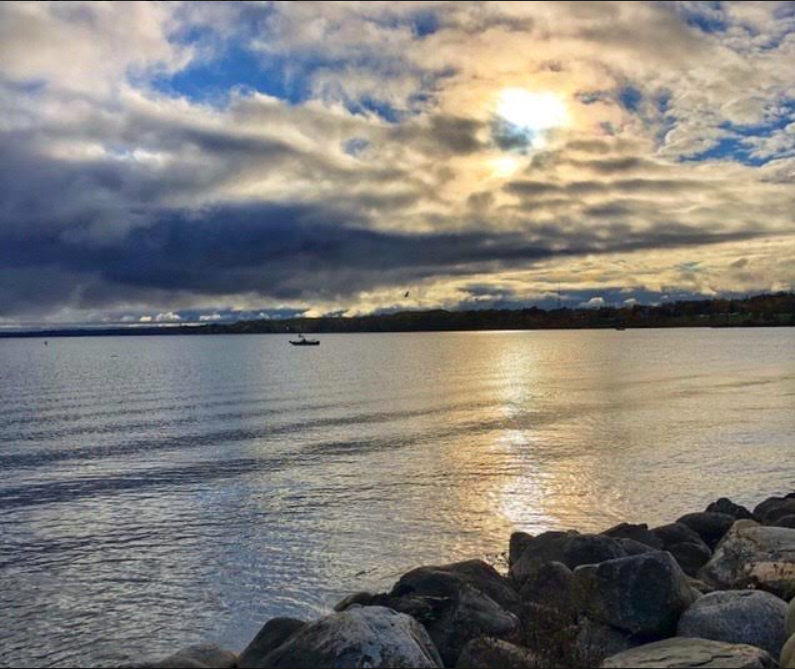Opposition to the Upper York Sewage Solutions plant are hoping to change the project's direction as the province convenes an expert panel to review regional wastewater solutions.
The province tabled Bill 306: York Region Wastewater Act June 3, stating that Minister of Environment, Conservation and Parks Jeff Yurek would pause the environmental assessment (EA) for the Upper York Sewage Solutions plant in East Gwillimbury. Instead, Yurek told the legislature an expert advisory panel would review the situation and alternatives, including Indigenous perspectives.
The project has attracted controversy and opposition over concerns about dumping treated sewage into the Lake Simcoe watershed. Rescue Lake Simcoe Coalition executive director Claire Malcolmson — who opposes the project — said she could not take comfort in the bill, but hopes it could lead to more consultation.
“It is my hope that this reflects a need to work with all affected municipalities and First Nations on identifying who gets to build,” Malcolmson said. “There’s a lot of concern about protecting the lake's health.”
York Region originally completed the EA in 2014, but successive provincial governments have not approved it. The plant is proposed to address sewage capacity and accommodate growth for Newmarket, Aurora and East Gwillimbury.
But it has attracted opposition from the Chippewas of Georgina Island First Nation. The Town of Georgina also passed a resolution calling for it to be cancelled last October, also requesting the province find an alternative and reimburse York Region for its investment.
Georgina Mayor Margaret Quirk said the bill appears to be moving the issue in a "positive direction", and involving the Chippewas of Georgina Island is a good step. But she added, "Time is of the essence."
"Much time has already passed on this issue, and money spent, with impacted municipalities and York Region still needing a wastewater solution," Quirk said. "I look forward to finding a solution that will work for all parties involved, and placing the health of Lake Simcoe at the forefront."
Malcolmson said municipalities on Lake Simcoe, including Georgina, Barrie and Brock, have a lot more to lose from the plant.
“What we’re talking about is, frankly, what lake are we going to pollute and what is the impact of that,” she said. “We expect the province to provide a rationale for that decision. That’s completely on them and hopefully, an expert panel would find that and bring that to light. This ought to be a much more transparent set of considerations and decisions.”
Ministry of Environment, Conservation and Parks spokesperson Gary Wheeler said it is necessary to gather more information given the number of years that have passed since the EA for the project.
"We will continue to work closely with York and Durham regions, municipalities and Indigenous communities to plan and implement this important work while protecting our vital water resources," Wheeler said.
Newmarket expects to reach its sewage capacity limit within the next few years without an expansion. But the province has proposed an alternative to York Region to utilize an existing sewage plant in Pickering instead.
Newmarket Mayor John Taylor said he was disappointed by the bill and the province needs to make a decision. He said Upper York Sewage Solutions is critical to accommodate growth and allow for more housing to be built.
“Constrained (housing) supply for another year or two is only going to drive prices up and make things less affordable,” Taylor said.
Malcolmson said the province is still pursuing an aggressive growth strategy in the region. She said the provincial government needs manage that.
“I don’t think that this signals that they understand how sensitive Lake Simcoe is,” she said.


